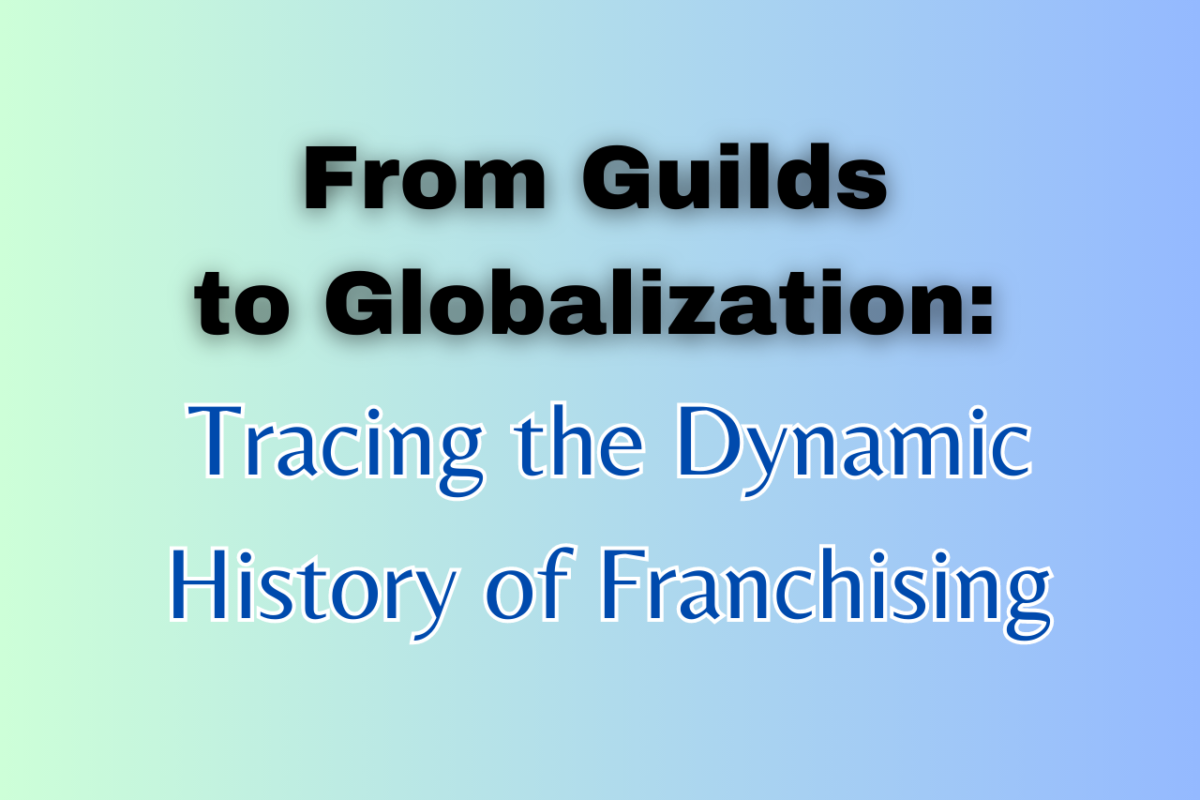Franchising has become an integral part of the modern business landscape, offering entrepreneurs the opportunity to own and operate a business under an established brand. In this article, we will delve into the rich history of franchising, exploring its origins, key milestones, legal developments, global expansion, and economic and social impact.
The History of Franchising
Franchising can trace its roots back to ancient and medieval times. It draws inspiration from practices such as guilds, where members were granted exclusive rights to operate in a specific trade or region. Examples of early franchising-like arrangements include royal charters and land leasing agreements, which allowed individuals to operate businesses under certain conditions.
Emergence of Modern Franchising
The birth of modern franchising can be attributed to the 19th century. One notable example is Isaac Singer, who popularized the franchising model by granting licenses for the production and distribution of his sewing machines. This marked a shift in how businesses could expand by leveraging the efforts and investments of independent operators.
The Rise of Franchising in the 20th Century
The 20th century witnessed the rapid growth of franchising, particularly in the automotive and food sectors. Henry Ford’s introduction of the assembly line revolutionized the automobile industry and set the stage for franchise dealerships. The fast-food concept, pioneered by McDonald’s, further propelled franchising into the mainstream, with its standardized systems and scalable model.
Legal and Regulatory Developments
The rise of franchising prompted the need for legal frameworks and regulations to protect both franchisors and franchisees. The Federal Trade Commission (FTC) played a crucial role in establishing guidelines through the Franchise Rule, requiring franchisors to provide comprehensive disclosure documents. Key legal cases, such as the landmark “MacDonald’s vs. Raymond Albert Kroc Memorial Foundation” case, shaped the legal landscape and franchise relationships.
Franchising in the Digital Age
The digital age brought new opportunities and challenges to the franchising industry. Technology has facilitated communication, streamlined operations, and enabled data-driven decision-making. Franchising has expanded beyond traditional sectors, with the emergence of concepts in areas such as health and wellness, education, and home services. However, the digital era also poses challenges, including managing online reputation and navigating e-commerce platforms.
Globalization of Franchising
Franchising’s globalization journey has seen successful expansion beyond national borders. Companies such as McDonald’s, Subway, and KFC have become iconic examples of international franchising success. Cultural considerations, adapting to local markets, and navigating legal and regulatory landscapes have posed challenges for franchisors expanding globally.
The Evolution of Franchise Models
Franchise models have evolved beyond single-unit operations. Multi-unit franchising allows operators to manage multiple locations, while master franchising and area development agreements grant individuals the rights to develop an entire region or country. These models have provided flexibility for both franchisors and franchisees, facilitating rapid growth and market penetration.
Franchising’s Economic and Social Impact
Franchising has had a profound impact on economies worldwide. It has contributed to job creation, economic growth, and entrepreneurship opportunities, particularly for small business owners. Franchising has provided aspiring entrepreneurs with a proven business model, training, and support, enabling them to start and grow their businesses with a higher likelihood of success.
Future Outlook and Trends
The future of franchising is shaped by technological advancements, sustainability considerations, and evolving consumer preferences. Technology will continue to streamline operations and enhance customer experiences. Sustainability and ethical considerations are becoming increasingly important, with a growing demand for environmentally friendly and socially responsible franchise concepts

